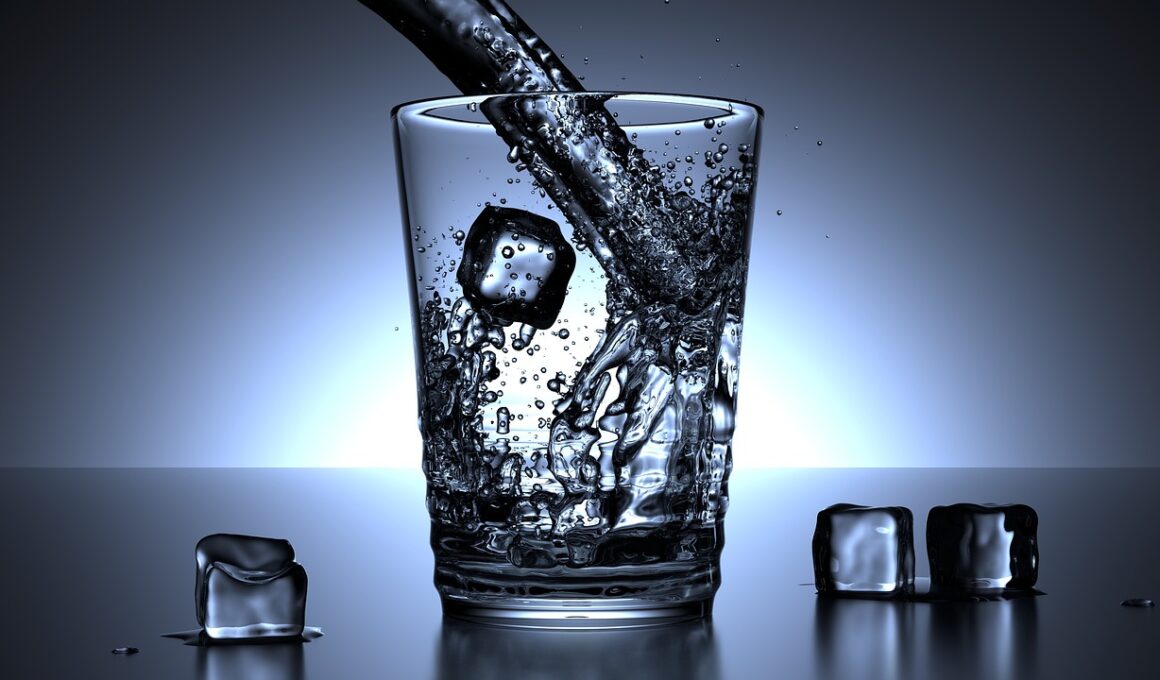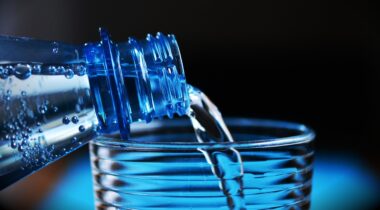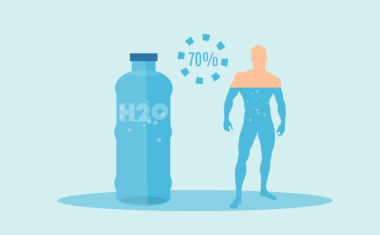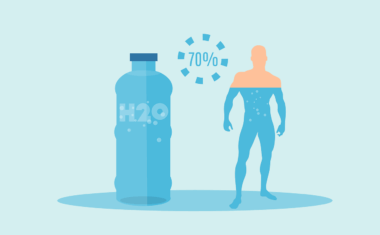Pre-Exercise Hydration: How Much and When to Drink
Hydration plays a vital role in athletic performance, particularly when it comes to endurance sports. For athletes preparing for exercise, understanding the amount and timing of fluid intake is essential. It has been recommended that athletes consume water or a sports drink prior to exercise to ensure adequate hydration levels. Pre-exercise hydration can help prevent dehydration, which may impair performance and increase the risk of heat-related illnesses. In general, consuming approximately 500 mL of fluid about two to three hours before exercise is advisable. This amount allows for optimal absorption and utilization by the body. Additionally, athletes should aim to drink another 200 to 250 mL about 20 to 30 minutes before the activity begins. Choosing the right type of fluid is also crucial, as electrolyte-rich drinks can provide essential minerals lost through sweat during prolonged exercise. This preparation is especially important for events lasting longer than an hour or in hot weather conditions. Staying informed will help athletes adopt proper hydration strategies to enhance their performance and overall well-being.
One of the key components to consider when developing a pre-exercise hydration plan is individual variability. Each athlete’s fluid needs can differ based on factors such as body weight, sweat rate, and environmental conditions. For example, a heavier athlete may require more fluid than a lighter counterpart. Furthermore, athletes engaging in intense training in hot and humid conditions will likely benefit from increased fluid intake. Understanding these personal factors allows athletes to determine their hydration needs more accurately. Various tools are available to assess hydration status, such as urine color charts, which can provide a quick reference for hydration levels. Ideally, urine should be pale yellow to indicate proper hydration. Athletes can also weigh themselves before and after training sessions to calculate fluid losses during exercise. They can then replenish these losses by consuming adequate fluids post-exercise to recover. Keeping track of these indicators helps ensure that athletes maintain optimal hydration for peak performance. Ultimately, personal hydration strategies should be tailored to individual circumstances to promote health and improve athletic outcomes.
Choosing the Right Hydration Strategy
In addition to determining the quantity and timing of fluid intake, athletes should consider the types of beverages consumed. Water remains an excellent choice for hydration, especially during light and moderate exercise sessions. However, during extended workouts or high-intensity training, incorporating sports drinks can be beneficial. These beverages often contain electrolytes, carbohydrates, and fluids, which help maintain electrolyte balance and energy levels during prolonged efforts. Electrolytes, such as sodium and potassium, play an essential role in fluid regulation and muscle function, thus preventing cramping and maintaining performance. When selecting sports drinks, athletes should look for options that are low in sugar and appropriately balanced in electrolytes. Additionally, taste is an important factor to consider, as athletes are more likely to consume fluids they enjoy. Some may prefer flavored options while others may choose plain water. This encourages consistent hydration throughout training and competitions. Developing a personalized hydration plan by considering preferences and needs will ultimately lead to better performance and recovery situations.
During the hydration process, it is essential to listen to the body’s signals and adjust fluid consumption as needed. Athletes should regularly assess their thirst levels, as thirst is a natural indicator that hydration is required. However, it is important not to rely solely on thirst, especially during prolonged activity. In some cases, thirst may not be a sufficient indicator, particularly in cooler climates or during intense training. Athletes also need to be aware of the signs of dehydration, which can include dizziness, fatigue, and reduced performance. Recognizing these symptoms early can enable quick responses to rehydrate effectively. In addition, overhydration can also occur, potentially leading to a condition known as hyponatremia, where sodium levels drop dangerously low. Athletes should remain within their hydration ranges and monitor overall intake. Keeping a hydration log, where water and sports drink consumption is tracked, can help athletes evaluate their habits and identify adjustments that may be necessary. By remaining attentive to one’s hydration status, athletes can optimize their pre-exercise performance.
Hydration in Different Sports
The hydration strategies may vary depending on the type of sport and activity duration. For endurance athletes, such as marathon runners and cyclists, the focus often lies on continuous hydration during their performances. For these athletes, drinking strategies should emphasize providing fluids and electrolytes at regular intervals, helping to stave off fatigue. For strength training athletes, fluids should be consumed before and after workouts to maintain hydration levels, as resistance training can cause significant fluid loss. Research indicates that strength training sessions may benefit not only from proper hydration but also from carbohydrate intake before workouts to fuel muscles. Team sports, such as football and soccer, require athletes to be agile, making hydration critical during intense periods of play. Quick hydration breaks can help replenish lost fluids and support recovery during the competition. Ultimately, athletes should adapt their hydration approaches according to their specific sport to balance fluid losses and accommodate their individual performance goals. Being proactive about hydration can positively impact athletic success.
It is essential for coaches and sports programs to emphasize the importance of proper hydration for athletes. Education on hydration strategies should be incorporated into training regimes to ensure that all team members understand their personal needs and the effect hydration can have on performance. Coaches can organize workshops and provide practical guidance on creating effective hydration plans tailored to individual athletes. This proactive approach promotes a culture of wellness within teams, fostering better performance as hydration becomes an integral part of training routines. Encouraging athletes to carry their hydration packs or water bottles during practice can create good habits, ensuring easy access to fluids. Furthermore, monitoring teammates can be crucial to prevent dehydration, as supportive team environments often yield better results. Coaches can also plan for hydration breaks at regular intervals during training. This ensures athletes are reminded to drink fluids frequently. By prioritizing hydration as a key aspect of athletic training, coaches can help athletes enhance their success while maintaining their health and reducing injury risks.
Conclusion: The Importance of Hydration
In conclusion, understanding pre-exercise hydration is indispensable for athletes aiming for peak performance. By developing effective hydration strategies, athletes can enhance their endurance, recovery, and overall productivity in their respective sports. Proper timing and the right choices of fluids contribute significantly to maintaining optimal hydration levels. Ultimately, athletes must assess their unique hydration needs based on the sport they participate in, personal preferences, and environmental factors. Keeping accurate records of fluid intake can help them identify patterns and make necessary adjustments. It is essential for them to pay attention to their body signals, hydration needs, and reflect on the importance of education from coaches and peers. An aligned emphasis on hydration across all levels of sports can lead to improved performance and overall health. In a competitive environment, small changes in hydration practices can yield substantial benefits in an athlete’s performance. With a proactive approach to hydration strategies, athletes can ensure they are prepared to meet the demands of their sport and enjoy greater success.
In conclusion, having effective hydration strategies can set the foundation for an athlete’s performance. Adaptability and knowledge are critical in finding the best approach. Athletes should always be open to reassessing their hydration plans and implementing changes as necessary.





